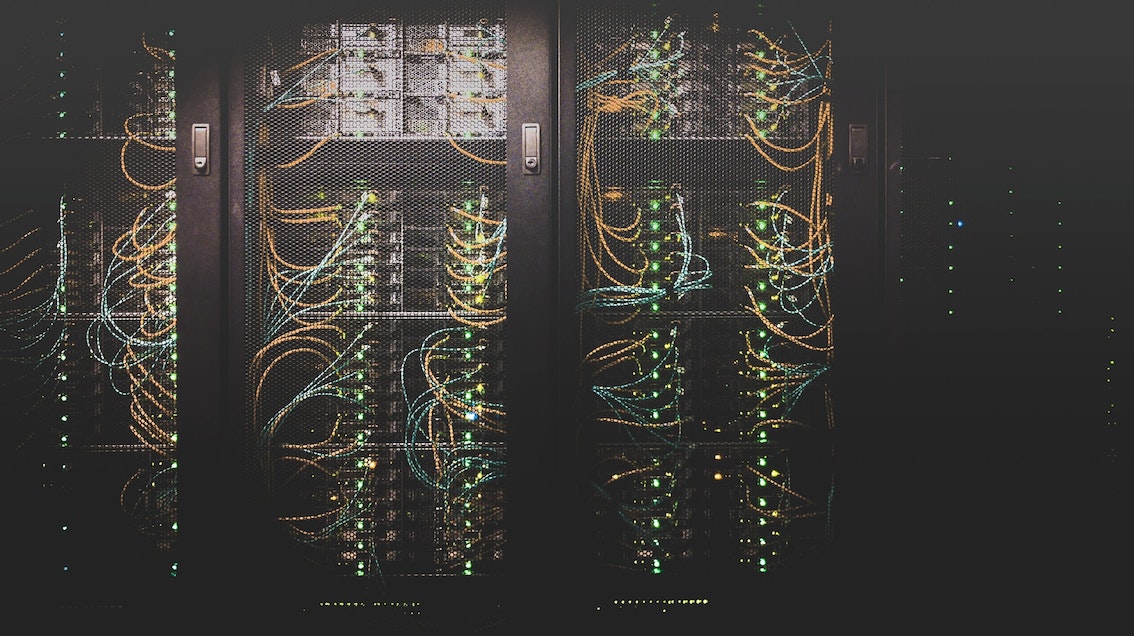
Amid apparently inexhaustible demand, skill and material shortages are causing delays and cost hikes in the global data centre construction market, which is perceived as hot or overheating according to research by construction consultant, Turner & Townsend.
It surveyed 200 data centre professionals in 44 cities and regions for its fifth annual Data Centre Cost Index, finding that 84% of respondents said they faced skills shortages for experienced data centre construction teams.
87% said global material shortages have caused delays and 82% rated the market as hot or overheating.
Tokyo became the most expensive market for data centre construction, at $12.50 per watt (/y), ahead of last year’s league topper, Zurich, which is now $12.00/w.
In the US, Silicon Valley and New Jersey remained tied in third place, with the cost rising to $10.30/w this year compared to $9.80 last year. Portland joined the expanding list of markets in the US, placing tenth at $9.20/w.
Cities new to the index this year include Montevideo in Uruguay ($7.60/w) and Bogota, Colombia ($6.30/w), which ranked costlier than veteran cities Mumbai, Chennai, Shanghai and Beijing.
Also new this year is Oslo, Norway, which entered the table at sixth place with costs of $9.50/w.
Turner & Townsend said these new markets reflect growing investor appetite to meet demand outside established priority regions.
Cost hikes in Latin America and Africa pushed some established European cities down the league table. With the complexity of post-Brexit work-permit regulations combined with the uncertainty of Covid-19 travel restrictions, competition for data centre projects in the UK is fierce, but London moved down seven places from last year, with costs remaining stable at $9.10/w.
In a continuation from last year’s survey, 70% of respondents consider data centres to be a recession-proof industry because of ever-growing demand. Some 95% of respondents expect demand to rise in the next year, up from 84% last year.
Only 29% reported using modern methods of construction on data centre projects, which Turner & Townsend said indicates a potential priority area for boosting productivity.
Decarbonising data
The report warns of further cost escalation to meet decarbonisation goals. The survey indicated mixed confidence in the ability of data centres to achieve net zero carbon, with a 50/50 split on whether data centre owners/operators have a clear route map to achieving net zero and only 40% considering net zero carbon data centres to be achievable within five years.
With continued developments to the energy efficiency of data centres themselves, there is a growing perception that innovation in construction methods and process efficiencies will help decarbonisation. 58% of respondents thought converting and retrofitting existing shells would increase.
“The challenge for the global industry is how to deliver investment against a backdrop of rising material and labour costs as well as a critical decarbonisation agenda,” said Dan Ayley, Global Head of Industrial, Science and Technology.
“The sector needs to adopt a programmatic approach which looks holistically at supply chain capability – identifying areas of innovation in build processes and ongoing operations that improve cost and carbon performance.”
See the report here.
Image by Taylor Vick/Unsplash










